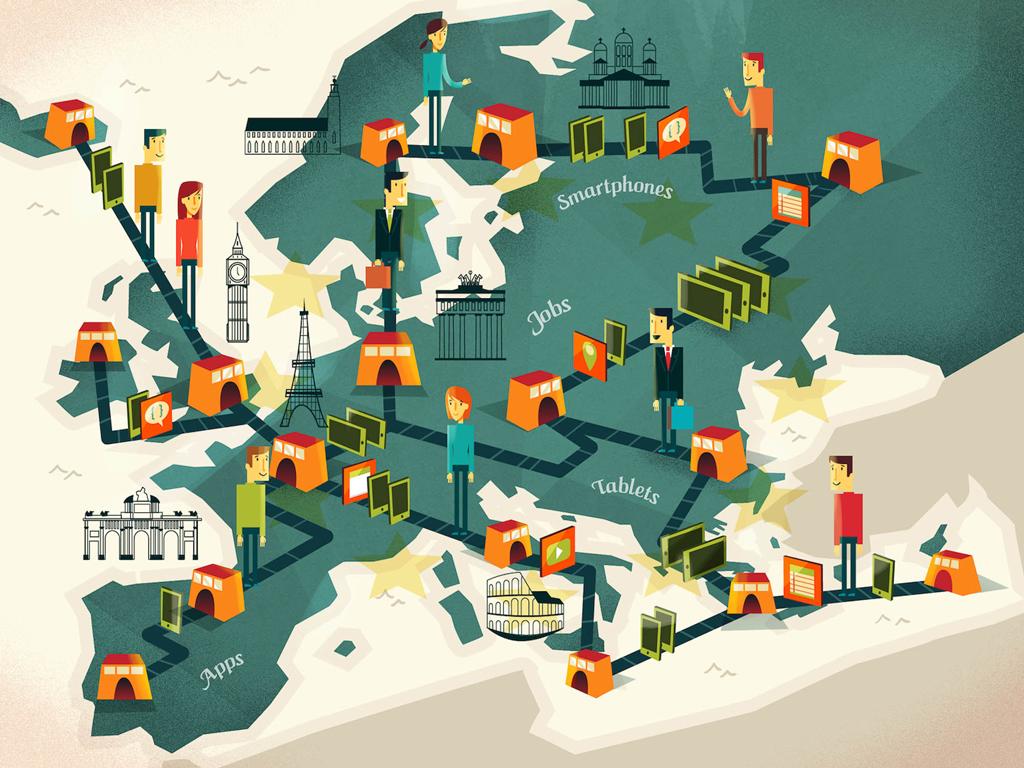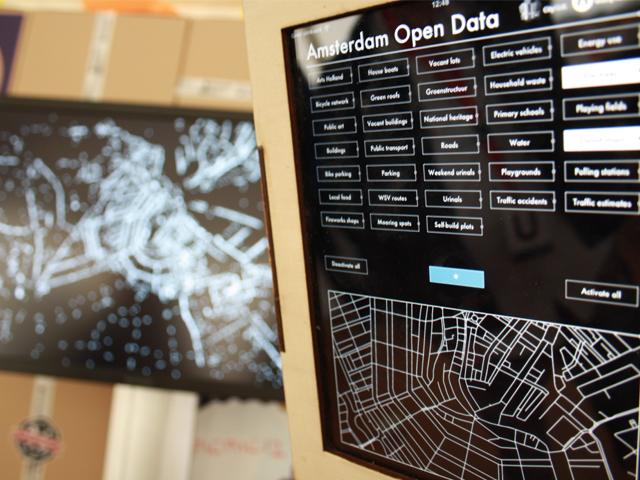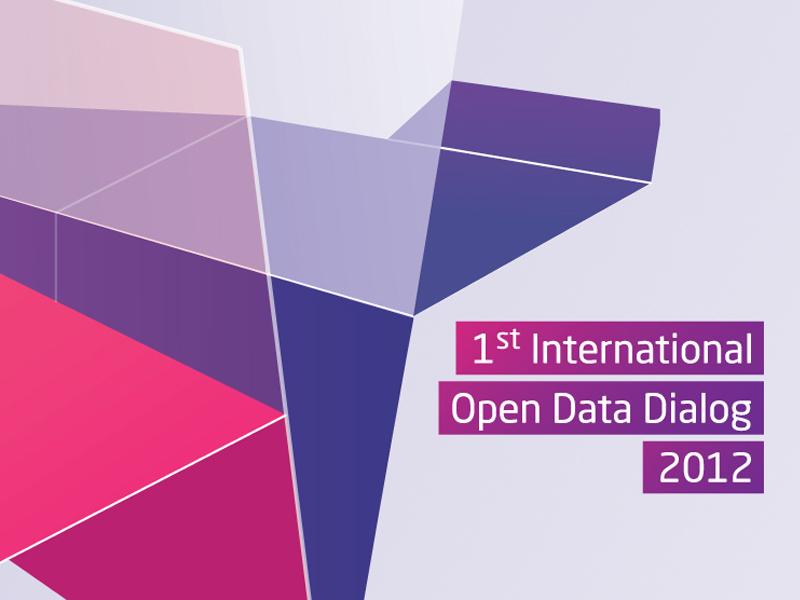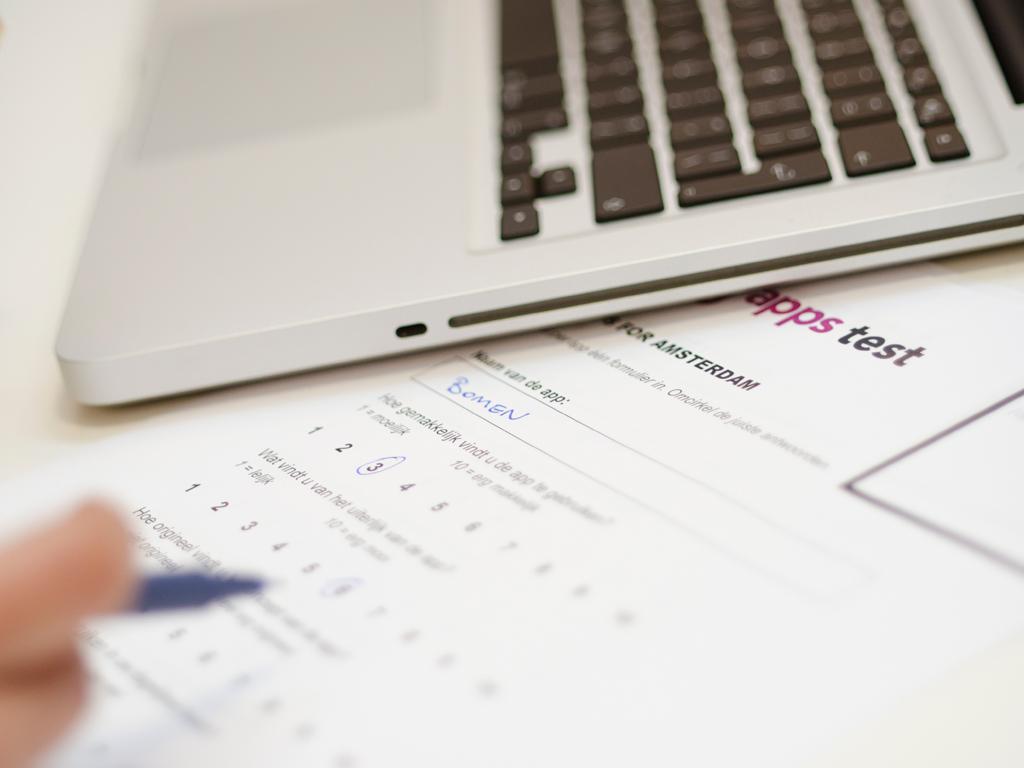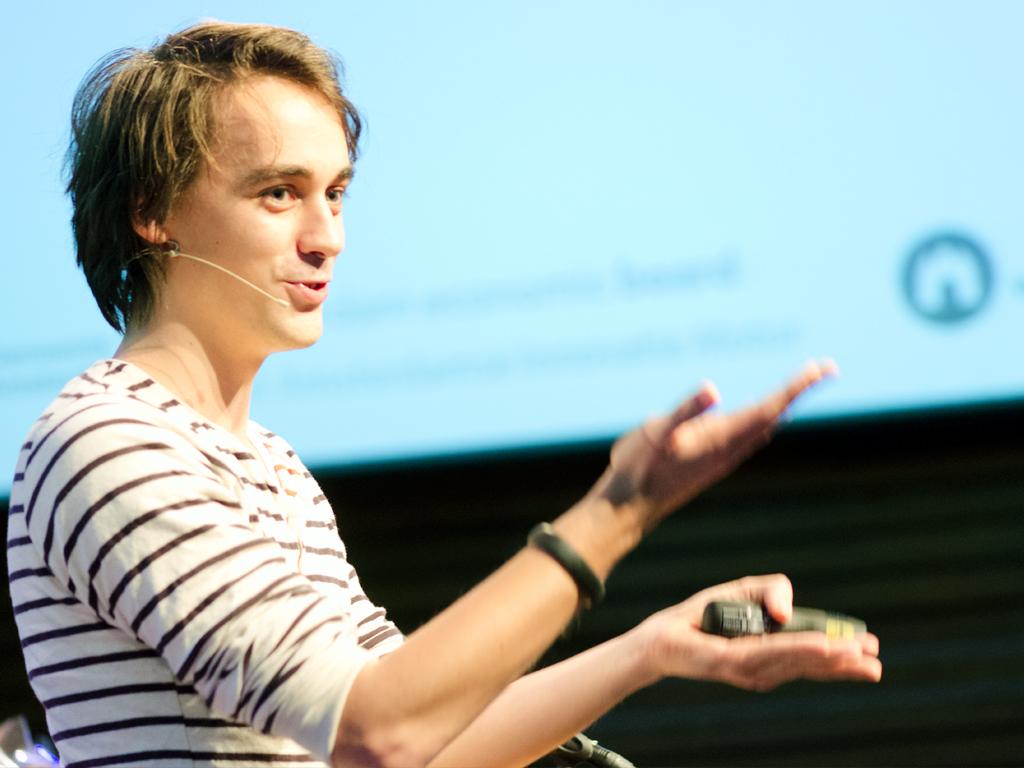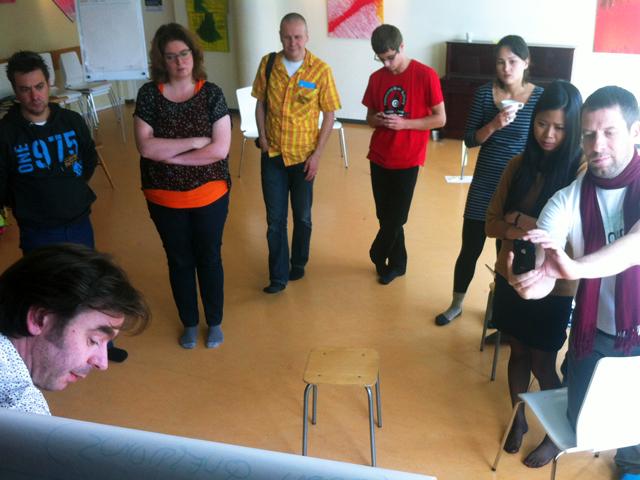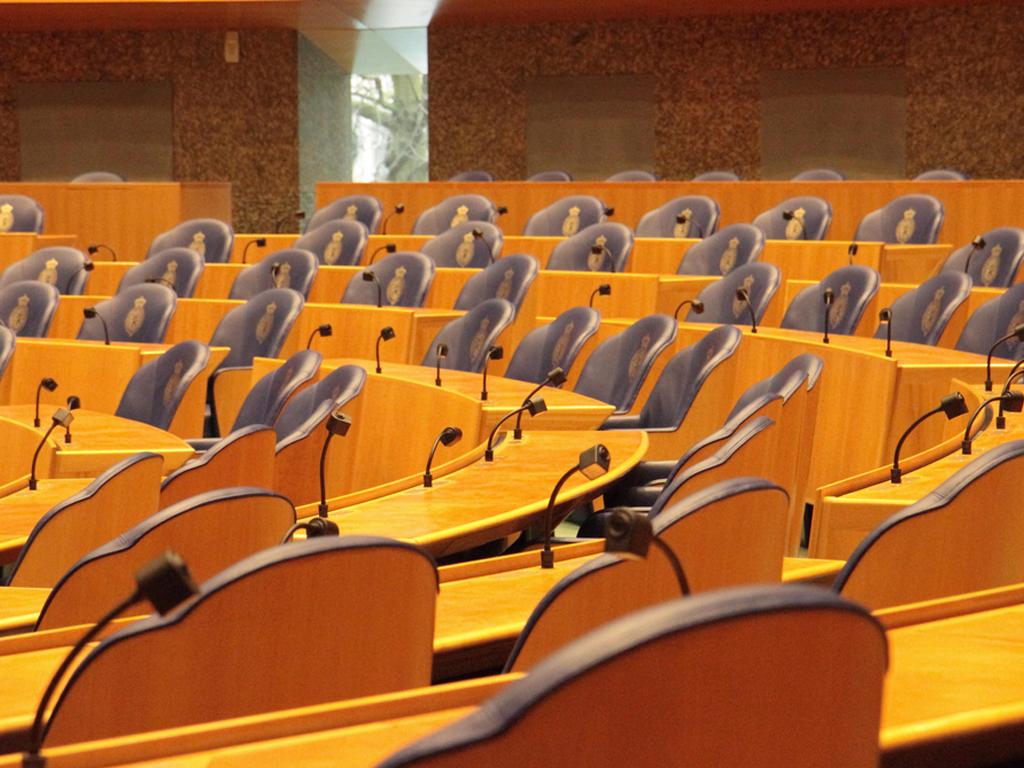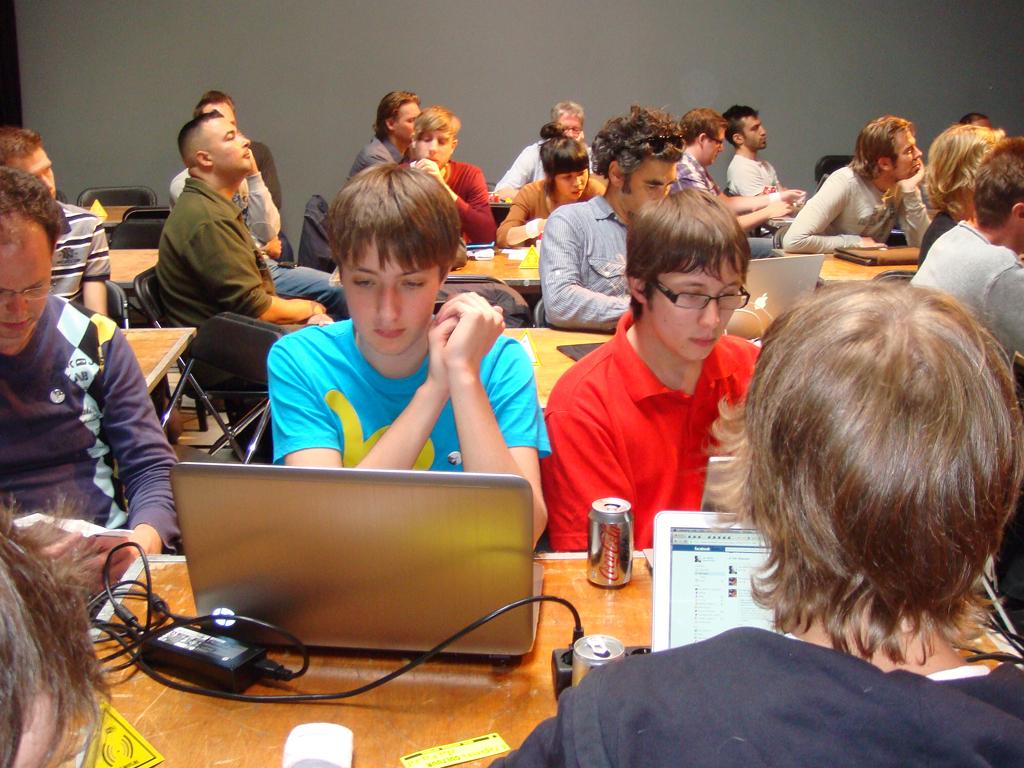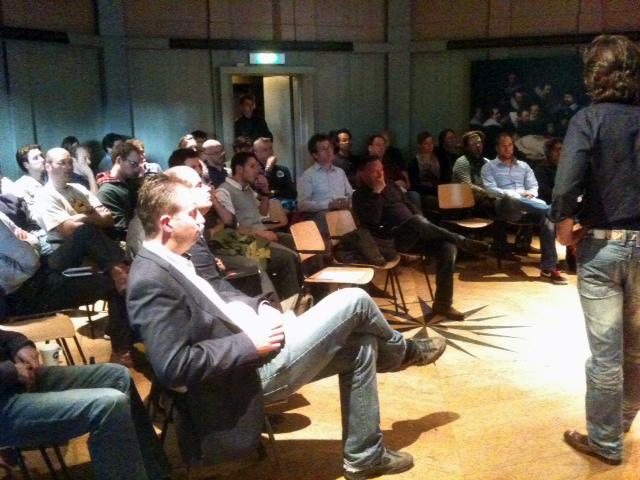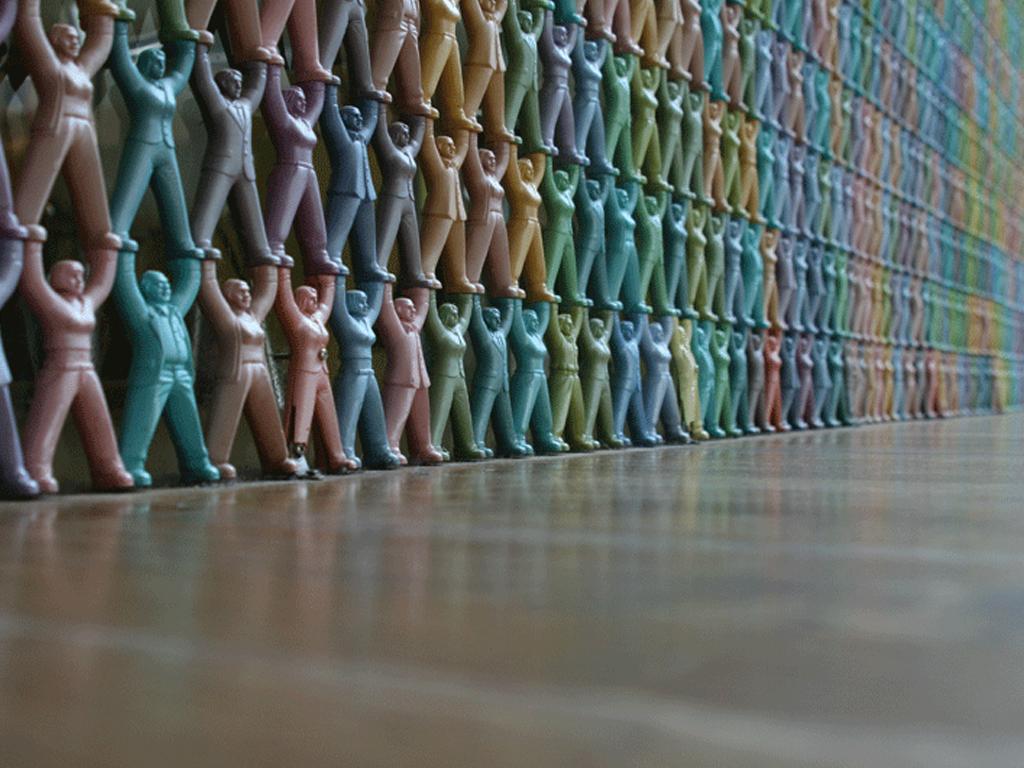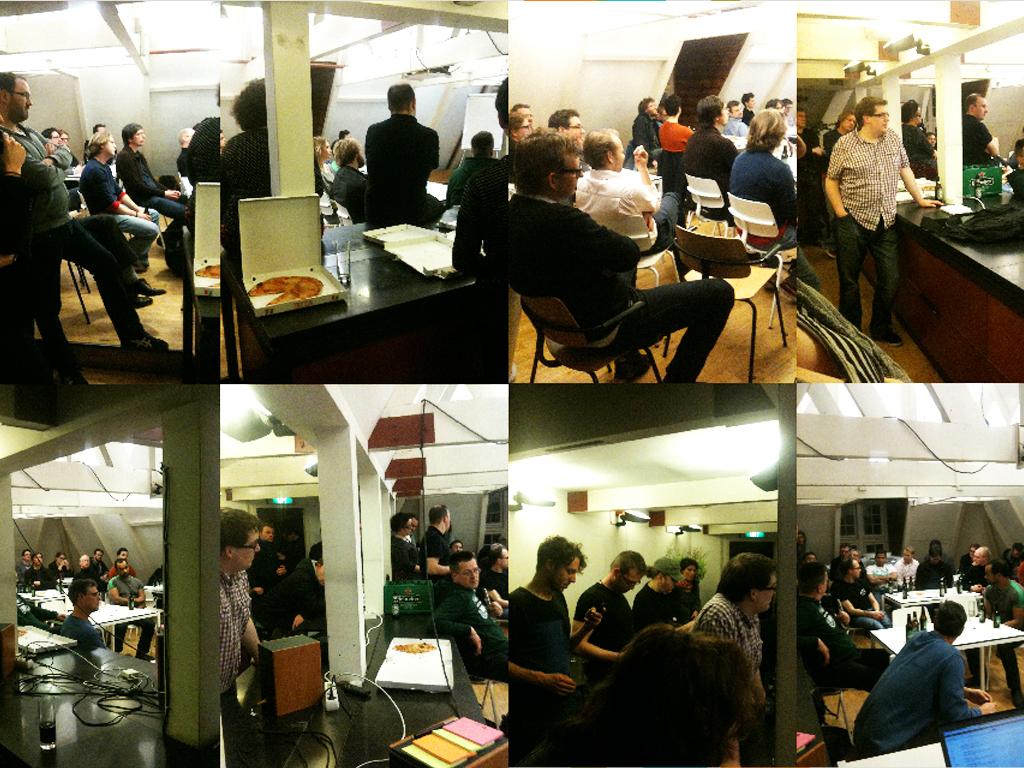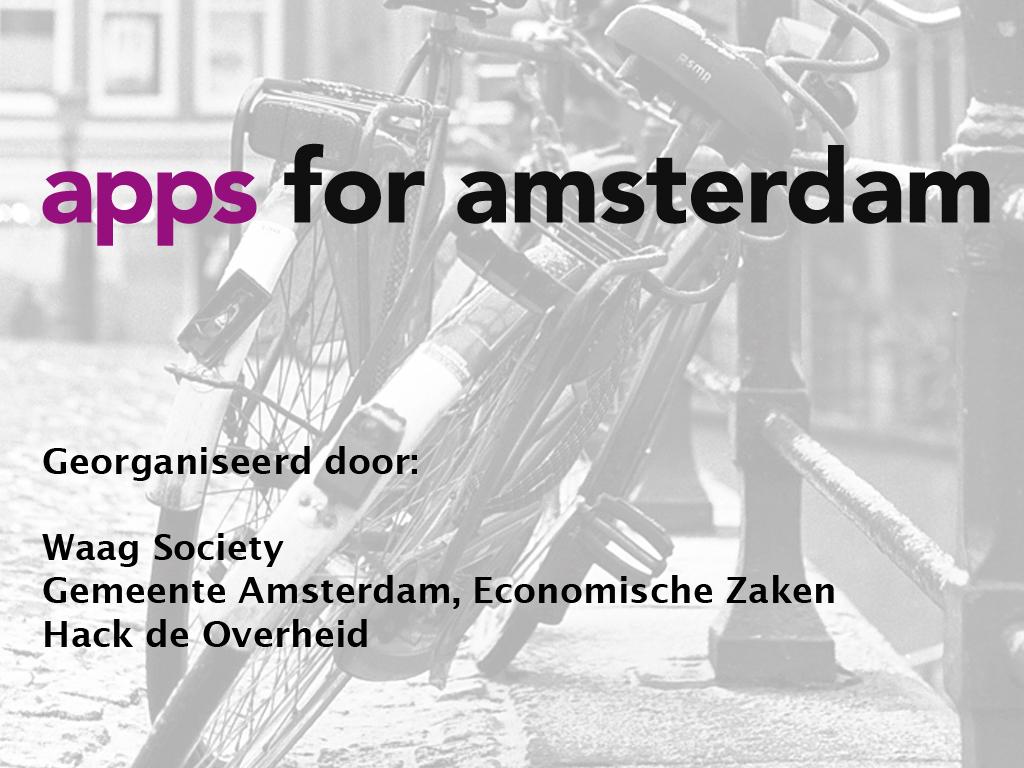Apps for Amsterdam was an initiative to make accessible as much data of the City of Amsterdam as possible. Developers were invited to send in their applications that used at least one available source of information of the (local) government. In a further stage, app developers were helped to prepare their apps for the market.
Governments as well as companies collect an enormous amount of information about our society, from criminal records to garbage collection routes, and from the quality of schools to traffic statistics. When this kind of information is available to developers to develop their applications upon, it is called Open Data. Open Data has a value and can stimulate economic growth; more importantly, society can make progress by using the available information. One condition for social innovation is that Open Data is accessible for all, and is interpreted, combined and visualized in the right way. That is in everyone's interest.
To stimulate the use of Open Data and to demonstrate the possibilities of applications based on Open Data, Apps for Amsterdam was born. The contest was in first instance modeled after the Apps for Democracy contest in Washington (US). Participants could win prizes to further develop their applications and make them suitable for a large audience.
The first contest was held in 2011. A second edition was held in 2012, when the competition was slightly altered. Six themes that are important for the capital were introduced, each represented by an ambassador of the City of Amsterdam. Entries could focus on themes like vacancy (of buildings), tourism & culture, democracy, mobility, safety or energy. In the next phase in 2013, app makers were helped to turn their applications into a sustainable business.
Apps for Amsterdam was a participation between Amsterdam Economic Board, Waag, the City of Amsterdam (Economic Affairs) and Open State Foundation.

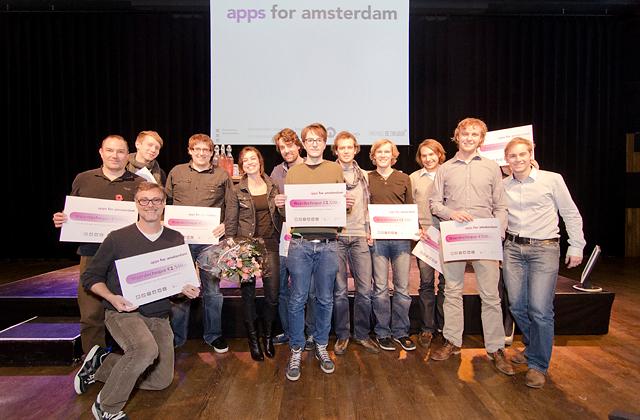

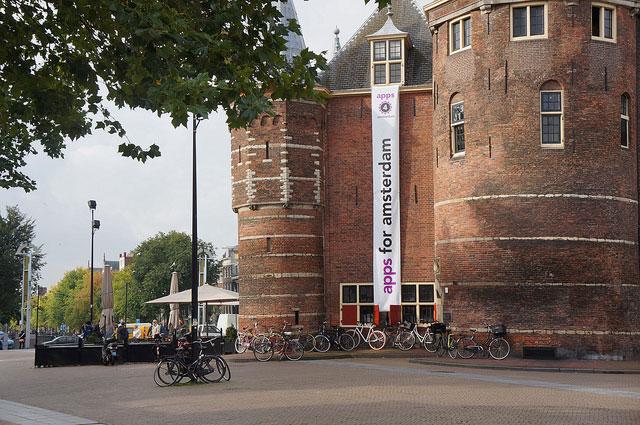
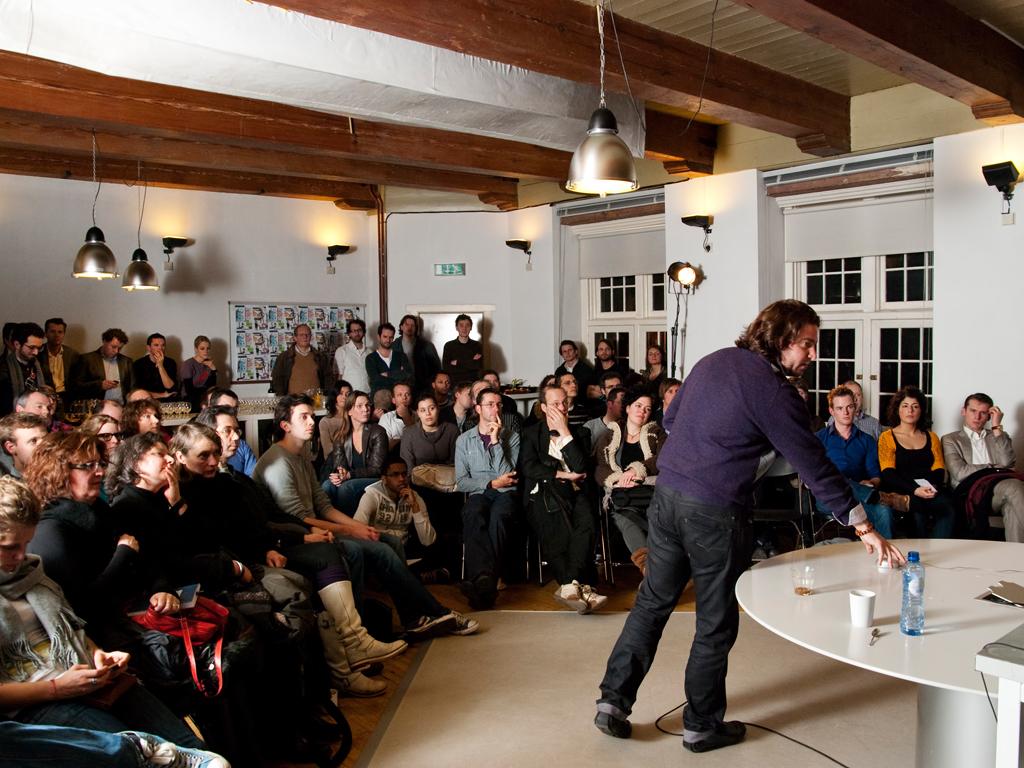
Meta data
Project duration
Links
Publications
Partners
- Amsterdam Economic Board
- Gemeente Amsterdam
- Open State Foundation

